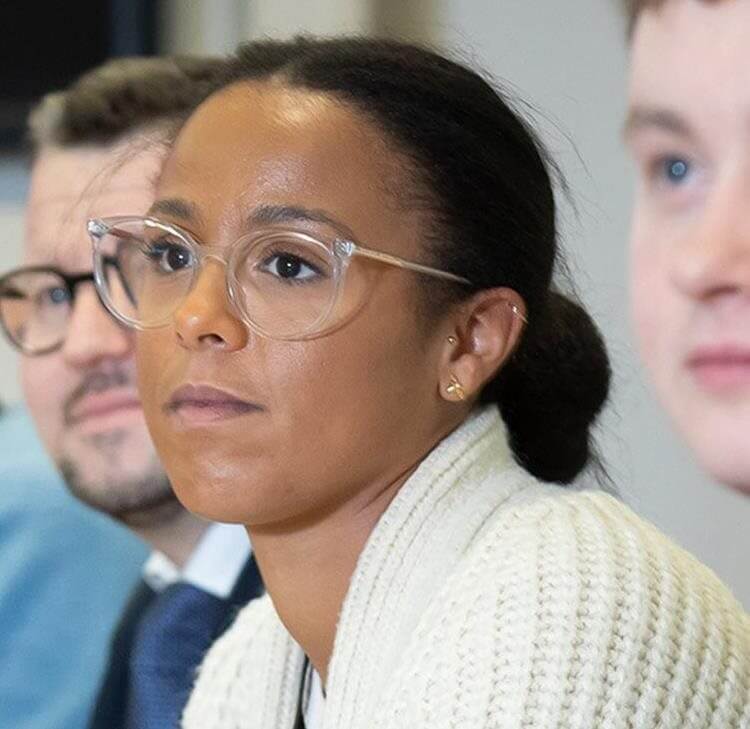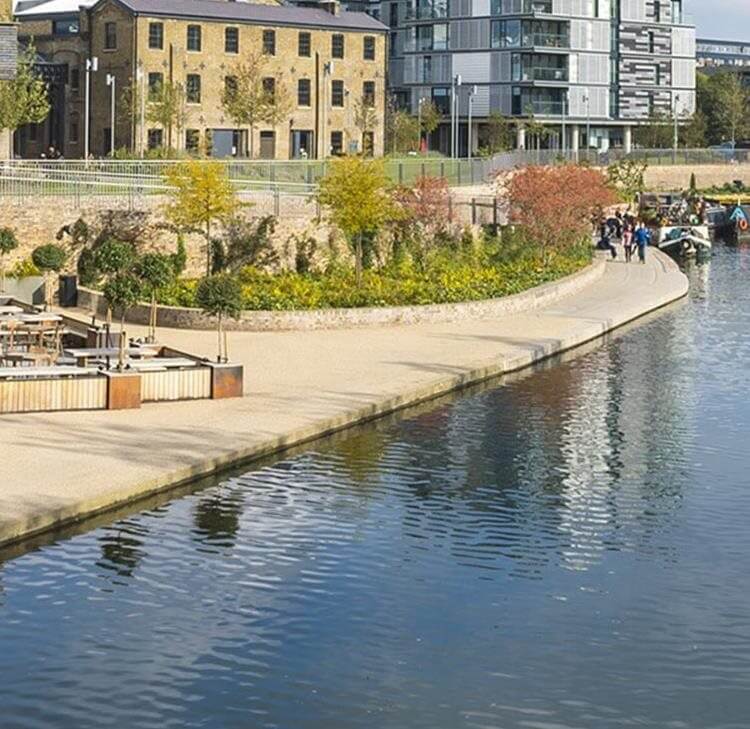Implications of the coronavirus on leisure providers
Due to covid-19 restriction, gyms and leisure centres are temporarily closed to reduce the spread of the disease. Nevertheless, the impact this has on leisure providers is critical due to loss of income and their limited cash reserves.
Please note: the information contained in this legal update is correct as of the original date of publication
Due to covid-19 restriction, gyms and leisure centres are temporarily closed to reduce the spread of the disease. Nevertheless, the impact this has on leisure providers (whether they are private operators or charitable trusts) is critical due to loss of income and their limited cash reserves. To the compound the challenge, leisure providers may be unable to receive some of the emergency support funding. To this end the Local Government Association (LGA) have issued a guidance note for Councils on how they should deal with their outsourced providers. This LGA note aims to update councils on the impact that the pandemic is having on leisure providers which operate services and facilities owned and delivered on behalf of councils.
Challenges
Leisure providers may be private operators or trusts, such as registered charities, societies or community interest companies and the services that are provided are varied, from swimming pools to libraries, however public buildings have temporarily been closed due to the pandemic. This has caused most leisure providers to stop their services or begin their services online. As a result, leisure providers are facing serious financial difficulties and are currently fighting for survival during these difficult times. The LGA note highlights that the challenges they face include:
- PPN 02/20 does not account for the income arrangement between councils and providers;
- Loans are difficult to secure due to the risk and the ability of leisure providers with thin profit margins to service any significant debt in the longer term;
- The rateable value of most leisure providers is above £51,000 and are therefore unable to receive the retail, hospitality and leisure grants;
- They are not eligible for Sports England’s emergency response funds; and,
- Trusts cannot receive the Government’s funding for frontline charities because they are not ‘small’ nor ‘delivering frontline services’.
Risks of leisure operators failing
It is essential that leisure centres remain open, as leisure facilities assist the councils in delivering statutory duties, including contributing to healthier lifestyles and mental wellbeing. They can also be used to better the economic stance of a community by job creation and to make an area more attractive to work and live. If leisure operators which run services on behalf of the council fail then the council must decide to either support the operator or let it fail and potentially bring any facilities owned by the council back in-house. The LGA note considers that a council needs to either support the operator or take it back in house, the later approach it suggests comes with challenges including TUPE, loss of income and facility maintenance.
It is however worth considering some of the other options open to a council in the situation where an operator fails or indeed (as we are seeing) decides to hand back a service. Taking it back in house is not the only option and indeed would have some significant downsides not highlighted in the note. We would suggest one option that would be worth considering is the establishment of a wholly owned company structure or perhaps even encouraging the establishment of an employee mutual. There are number of examples of these types of ventures throughout the country and they are useful potential solutions to be part of any options appraisal.
Councils must look carefully at the contract that they have in place, to see how the current situation is dealt with. From our experience the drafting of these contracts can vary dramatically and not all contracts follow the Sport England template.
If Councils do wish to support leisure partners the LGA note suggests that support options could include actions such as:
- Adopting the recommendations in PPN 02/20, including the Open Book approach
- Setting up regular review meetings between the operator and the council to monitor the situation and manage the response
- Discussing hibernation costs as soon as possible
- Waiving the contracted monthly sum paid to the council
- Offering interest-free loans or grants
- Deferring rental costs
- Offering advance payments
- Funding all staff related costs that are required to attend centres due to statutory or contractual obligations
From our experience councils are in a very difficult position with limited resources and ability to provide the financial support that is being asked of them. It is very important that any support given must be limited to the least amount necessary and providers must be encouraged to seek financial support from other sources (such as the job retention scheme for example) before calling on councils to fill the gap.
When deciding whether to support, councils should consider short and long term implications and the legality of their decision. For example significant financial support not envisaged in the initial contract could, for example, have state aid implications or put them in breach of their obligations under the procurement regime. Whilst exemptions might be available, these should not be assumed and may not be as simple as suggested.
Of course Councils must still consider the viability of the operator and whether it is just not possible for it to avoid failure even with the Council’s financial support. In such circumstances the use of public funds for short term support would not be the best solution. However, ultimately as with so many things in the current crisis, the decision must be looked at in each council’s individual situation.
If you would like to discuss any issues in this article please contact Peter Ware.









































